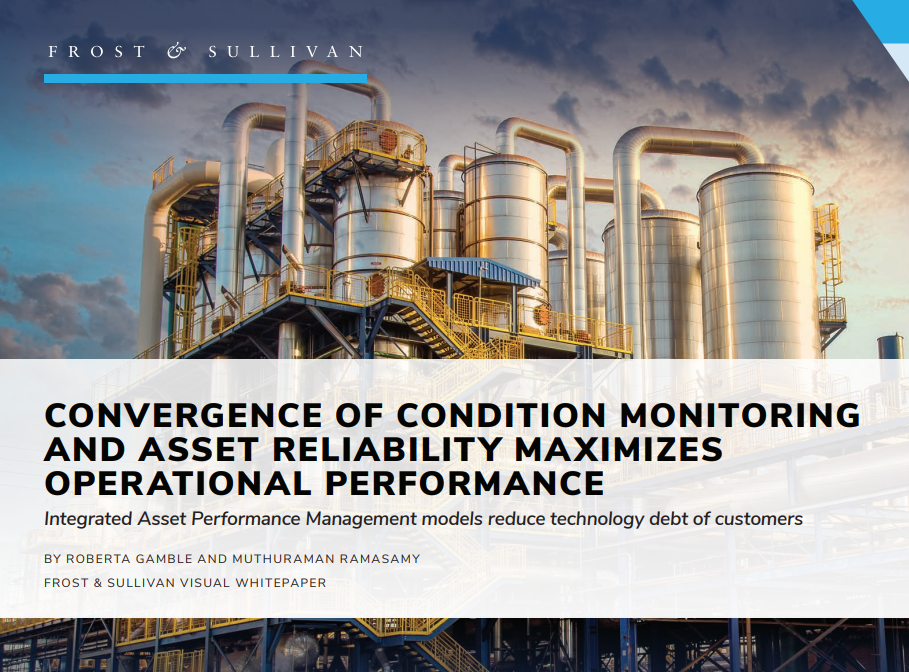An integrated approach to Asset Performance Management connects the traditionally siloed functions for holistic asset management and improved outcomes.
In some ways, it’s intriguing that all the functions we rely on to deliver performance—including Asset Strategy Management (ASM), Asset Health Management (AHM), and work execution—were ever siloed in the first place. However, we somehow lost sight of the fact that these functions all trace back to individual assets, providing a natural way to group them together. And that’s what Integrated APM does.
Integrated APM connects the key functions of asset management to provide a complete view of asset health and risk, accounting for asset age, operating condition, maintenance plans, and maintenance compliance.
Leveraging these insights, organizations can prioritize activities to manage cost and risk and deliver more predictable performance. They can also better demonstrate compliance. So how can you shift your organization from a siloed approach to an integrated one? Following are a few things you need to know to achieve success with Integrated APM.
Technology is only part of the solution
Traditional approaches to APM have been far too technology centric, with attempts to get value from the installation of modular software applications without the required process, education, support, and plan to generate the supporting content, to be used within the system.
To be successful, Integrated APM must connect both the technology and processes supporting asset management. Additionally, refining and connecting those processes should really be the starting point as that will help to ensure the technology is connected in a way that aligns to the structure of the organization and how it operates.
Structuring your data
Another key factor for success is having well-structured content in place that underpins your processes and technology. Like any technical solution, the value derived will be based on the quality of the content inside the system. For Integrated APM, the content should be based on component types and incorporate failure and task data that can be customized to develop maintenance and condition monitoring strategies for specific operational contexts.
At the same time, lack of quality content should not be a barrier to getting started as the process of Integrated APM will itself help to generate and evolve the content required.
Engage support
Implementing Integrated APM is an organization-wide effort. It requires a holistic view across sites and on-the-ground expertise. It also requires new or refined processes to create and leverage the connection between asset condition, strategy, and execution.
Our global services team can provide the strategic and functional support needed to implement Integrated APM across all your sites. This includes working alongside your own experts to put the right processes and technology in place to connect, evolve, and apply your asset knowledge.
In addition, shifting to an Integrated APM approach does not have to mean replacing all your existing processes and technology. Many organizations have already invested heavily in APM, therefore we can work with you to build on the foundations and leverage what you have in place already.


